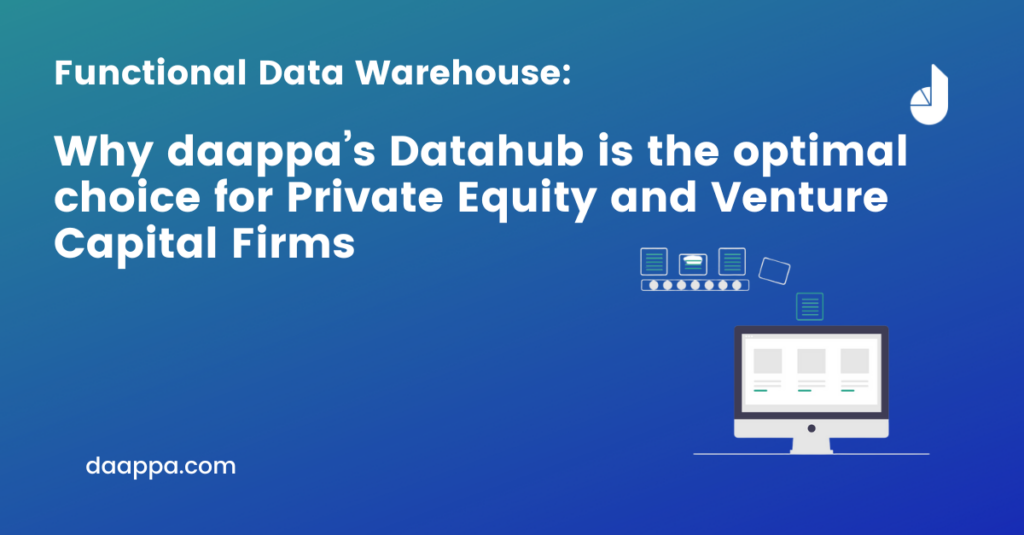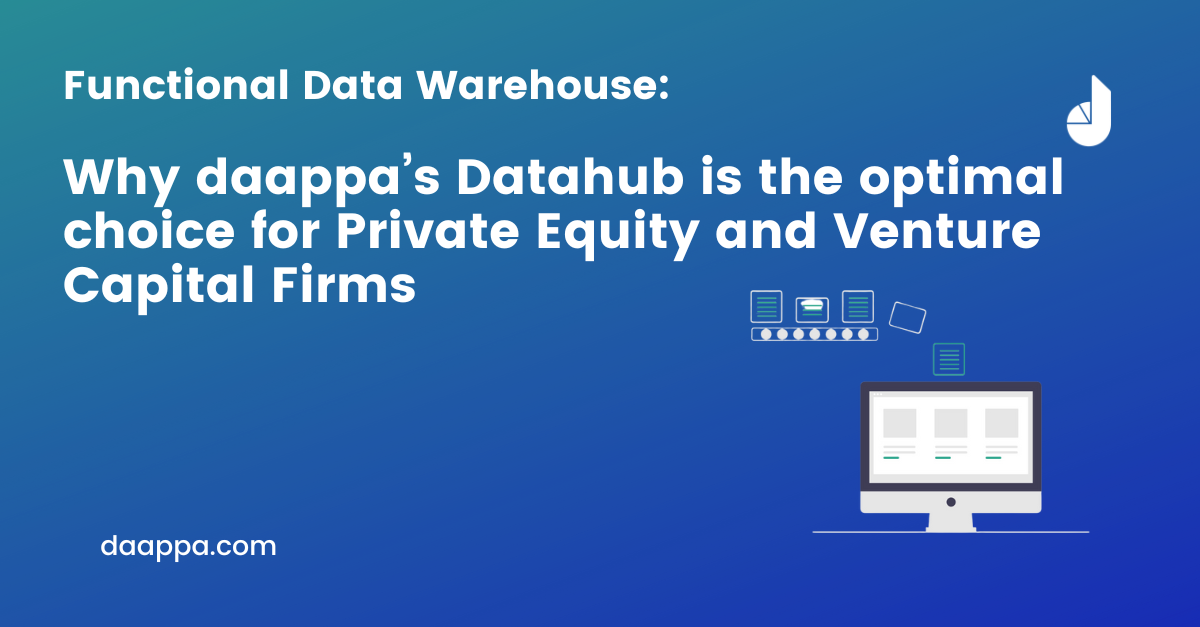In the realm of data management, the choice between a Functional Data Warehouse (FDW) and an Enterprise Data Warehouse (EDW) is a pivotal decision for private equity and venture capital firms. While EDWs offer flexible capabilities, daappa’s DataHub provides distinct advantages tailored to the unique needs of the private equity financial industry. This article explores the various aspects that make DataHub an optimal solution.
Tailored for Private Equity and Venture Capital
DataHub is engineered to cater to the specific requirements of private equity and venture capital firms. It understands the intricacies of investments, funds, capital calls, distributions, and valuations. In contrast, generic EDWs, though powerful, lack the same level of industry-specific database schemas out of the box meaning significant effort can be required to get up and running.
Centralised Data Sources and Industry-Specific Data Models
DataHub excels in aggregating data from diverse transaction and accounting sources into a unified platform. It is designed to handle unique data types such as Portfolio Company performance and KPI documents usually buried in PDF documents, spreadsheets from fund administrators, and data provider APIs specific to the private equity industry. Generic EDWs, while capable, may not offer the same seamless integration and understanding of industry-specific data models.
Comprehensive Analytics and Performance Metrics
DataHub has the capability to calculate and track essential private equity KPIs such as IRR, TVPI, and DPI out of the box. It also integrates with Studio+ Analytics for the visualisation of customisable dashboards, reports, and data queries tables. Generic EDWs, although strong in data management typically require integration with a separate analytics app for visualisation and may not offer the same level of pre-configured specialisation in private equity metrics and visualisation tools.
Efficient Investor Reporting and Compliance
Compliance with regulatory frameworks like AML, KYC, and GDPR is non-negotiable in the financial sector. DataHub ensures transparency and generates consolidated data for investor-specific reports. Generic EDWs may lack the same focus on investor reporting and compliance tailored to the financial industry.
Multi-Currency, Multi-Entity Support
DataHub offers unparalleled flexibility in managing funds and investments across various currencies and legal entities. When paired with daappa’s Core accounting and administration solution it also acts as a reporting database with periodic snapshots of data segregated for LPs and others to have a read-only view of key data sets. This level of real-time integration may not be matched by generic EDWs.
Seamless Integration with Core Systems and Third-Party Platforms
DataHub’s smooth integration with other systems via REST API, Spreadsheet imports and various other file formats including both structured and unstructured scanned PDFs ensures a seamless data flow and interoperability. While generic EDWs also offer integration capabilities, DataHub’s integration is designed with the specific needs of private equity firms in mind.
Cost-Effectiveness
DataHub’s focus on providing a tailored solution for private equity firms may translate into more cost-effective implementation and maintenance. Generic EDWs might lead to additional costs for customisation and alignment with industry-specific requirements.
Conclusion
While generic EDWs are undoubtedly powerful and versatile data warehousing solutions, daappa’s DataHub offers a more tailored, industry-specific approach for private equity and venture capital firms. Its focus on centralised data sources, industry-specific data models, comprehensive analytics, efficient reporting, compliance, multi-currency support, seamless integration, agility, and cost-effectiveness makes it a compelling choice for those in the private equity sector.
DataHub’s alignment with the unique needs and challenges of the industry positions it as a solution that not only competes with generic EDWs but offers distinct advantages that can translate into more effective decision-making, compliance, and most importantly outcomes instead of outputs.
To find out more about daappa contact Nicholas Wright (UK & Ireland) or Renato Moreschi (EMEA)







